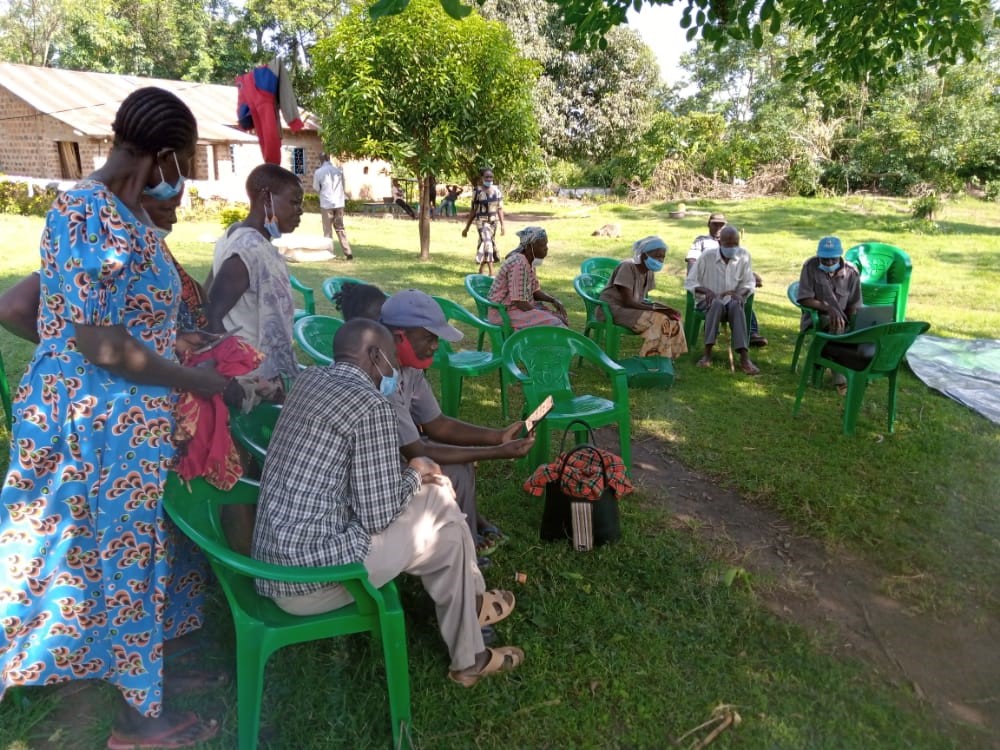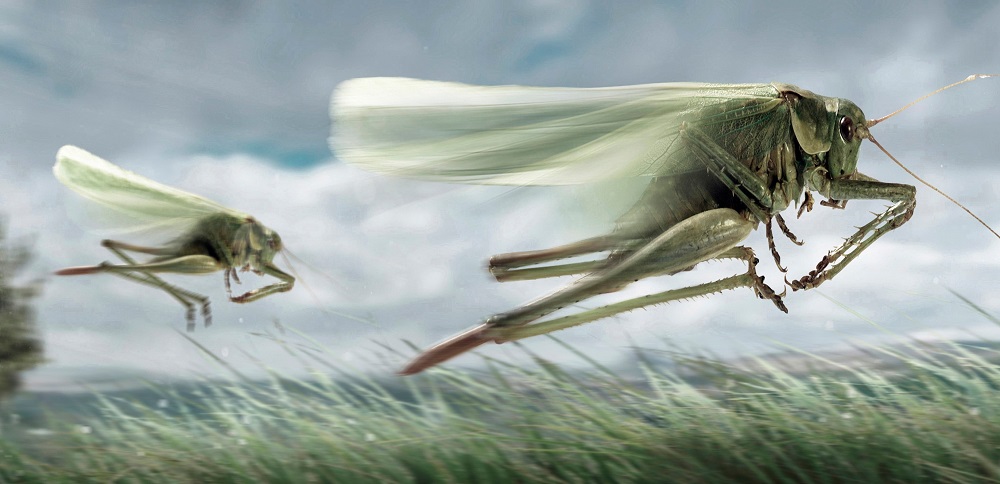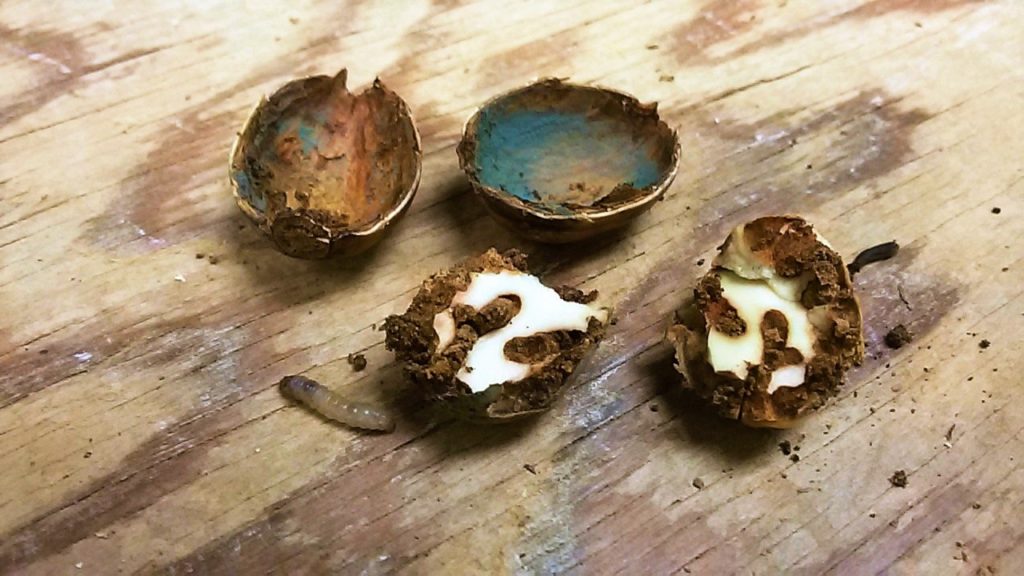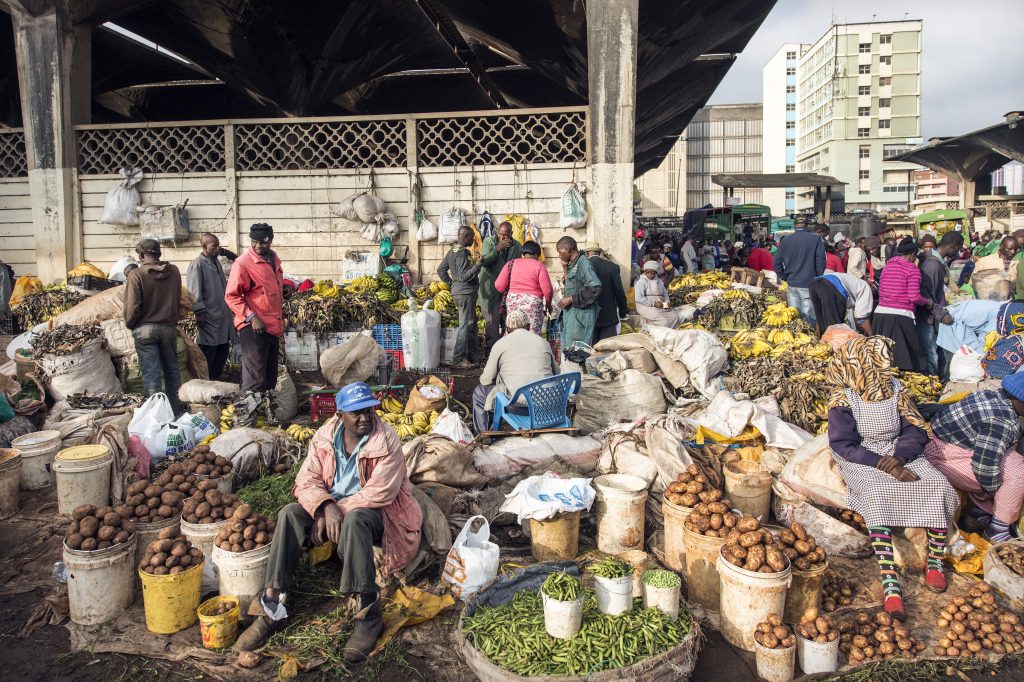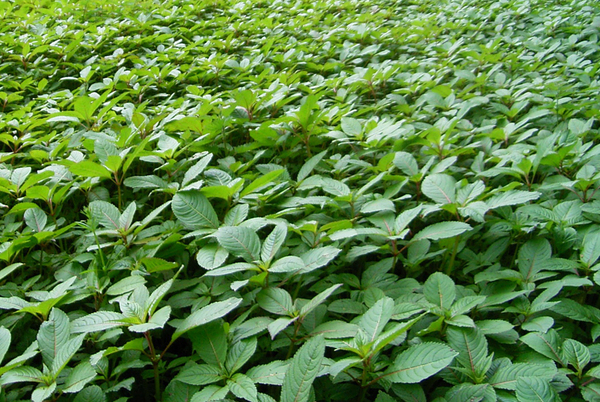Asian citrus greening disease: the threat to Africa’s citrus trade
The yield losses attributed to Asian citrus greening disease once established can be devastating. If the disease continues to spread unabated in the citrus growing regions of East Africa, the annual value of lost production could potentially reach up to US$127 million over the next ten to 15 years, according to a recent paper published…
On Earth Day, we take a look at the sustainable control of invasive species
Today is Earth Day – a day when people around the world show their support for environmental protection. CABI’s vision is for a world in which the agricultural sector is embedded in a healthy and climate resilient landscape with clean water and air, healthy soils and functional ecosystem services, and where biodiversity is safeguarded through…
Traded forest tree seeds pose a great risk of introducing harmful pest, new research shows
CABI has led an international team of scientists who strongly suggest that the global trade of forest tree seeds is not as safe as previously believed, with insect pests and fungal pathogens posing a great risk to trees and forest ecosystems worldwide. Non-native insect pests and fungal pathogens present one of the major threats to…
CABI shares expertise on rubber tree blight in major new Amazon documentary series
CABI is today sharing its expertise on the devastating rubber tree blight disease – that could severely impact upon the world’s rubber production for essential items including tyres, shoes and the seals on a multitude of household and industrial items– as part of a major new Amazon documentary series now streaming.
Does travel stress strengthen invasiveness?
Research has already shown that invasive species tend to be more tolerant to environmental stress than related non-invasive species. However, a recent study published in Biological Invasions, set out to discover whether this stress tolerance was an inherent trait or whether it was something acquired en route from their natural habitat to the new one.
Invasive species: A global threat to trade and livelihoods
A new report supports the fact that invasive species have the potential to undermine global food security and sustainable development, a vital statement supported by Goal 15 of the Sustainable Development Goals which states that we need to: introduce measures to prevent the introduction and significantly reduce the impact of invasive alien species on…
Horizon Scanning for Invasive Species
In this, the era of globalisation, increases in international trade, transport and travel have driven an upsurge in the diversity and volume of non-native species introductions to new areas worldwide. Introduced plant, animal and pathogen species may fail to establish in a new range, and where they do establish, may be environmentally benign. However, there…
The urgent need for evidence based policy in invasive species management
Hundreds of invasive species experts gathered last week, 23-27 October, in Qingdao China at the 2nd International Congress on Biological Invasions. High on the agenda was how policy makers can respond to the accelerating risk posed by invasive species as international trade increases and climate change opens up new opportunities for invasion. In a session…


